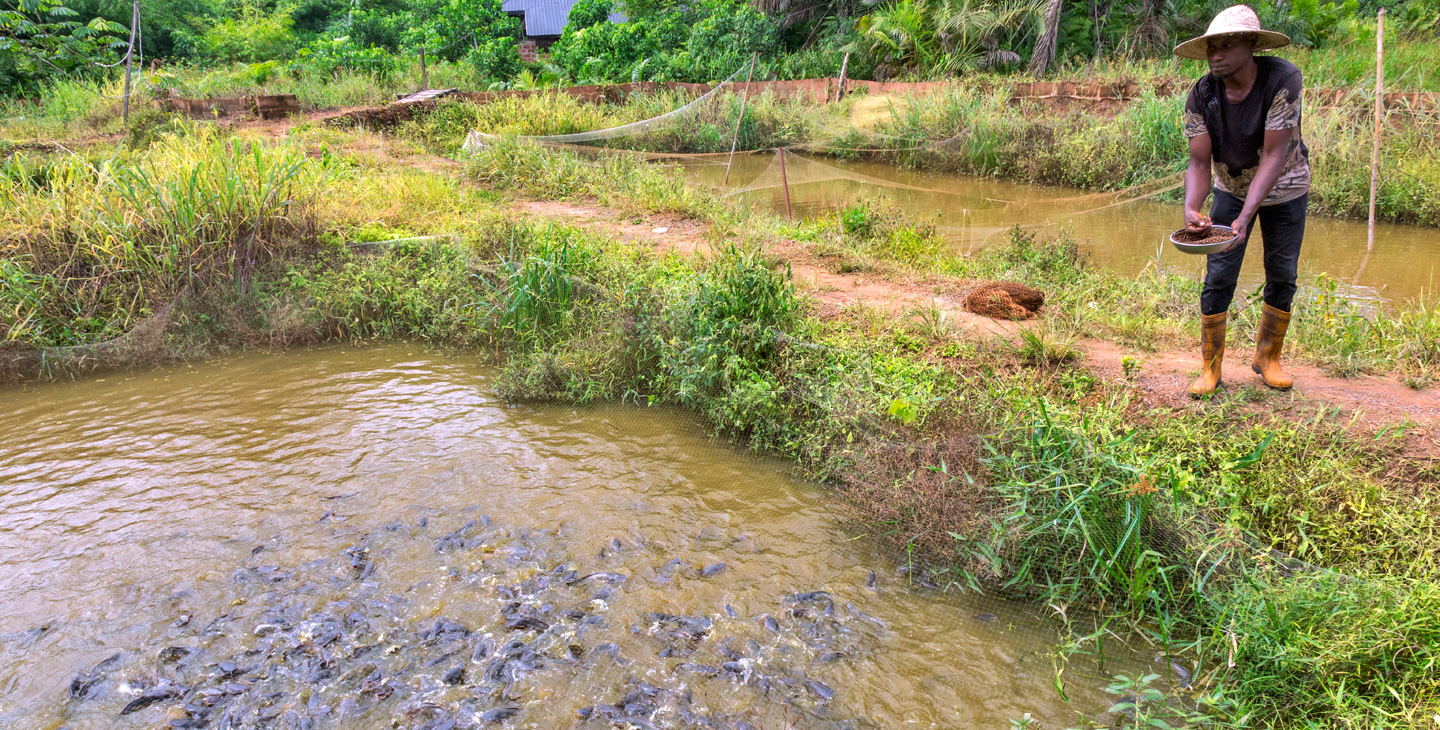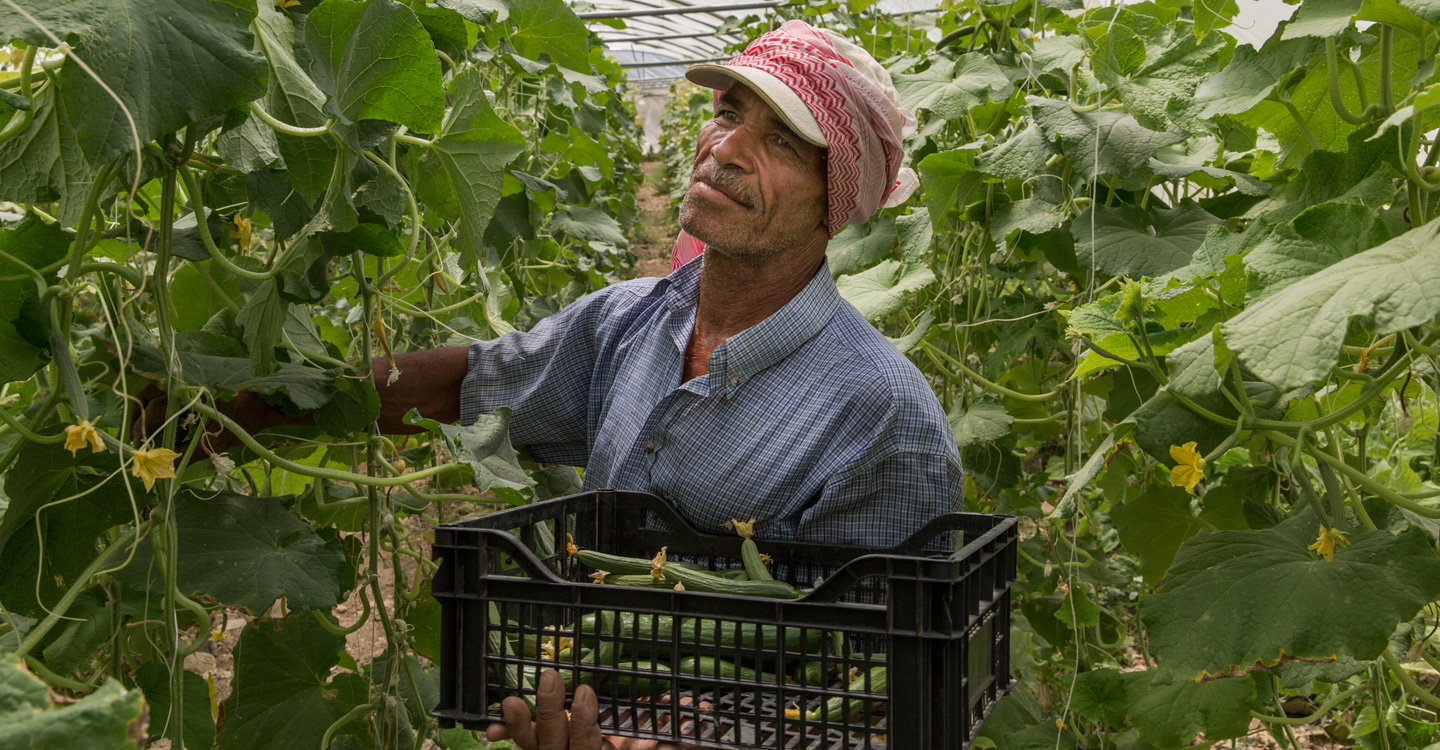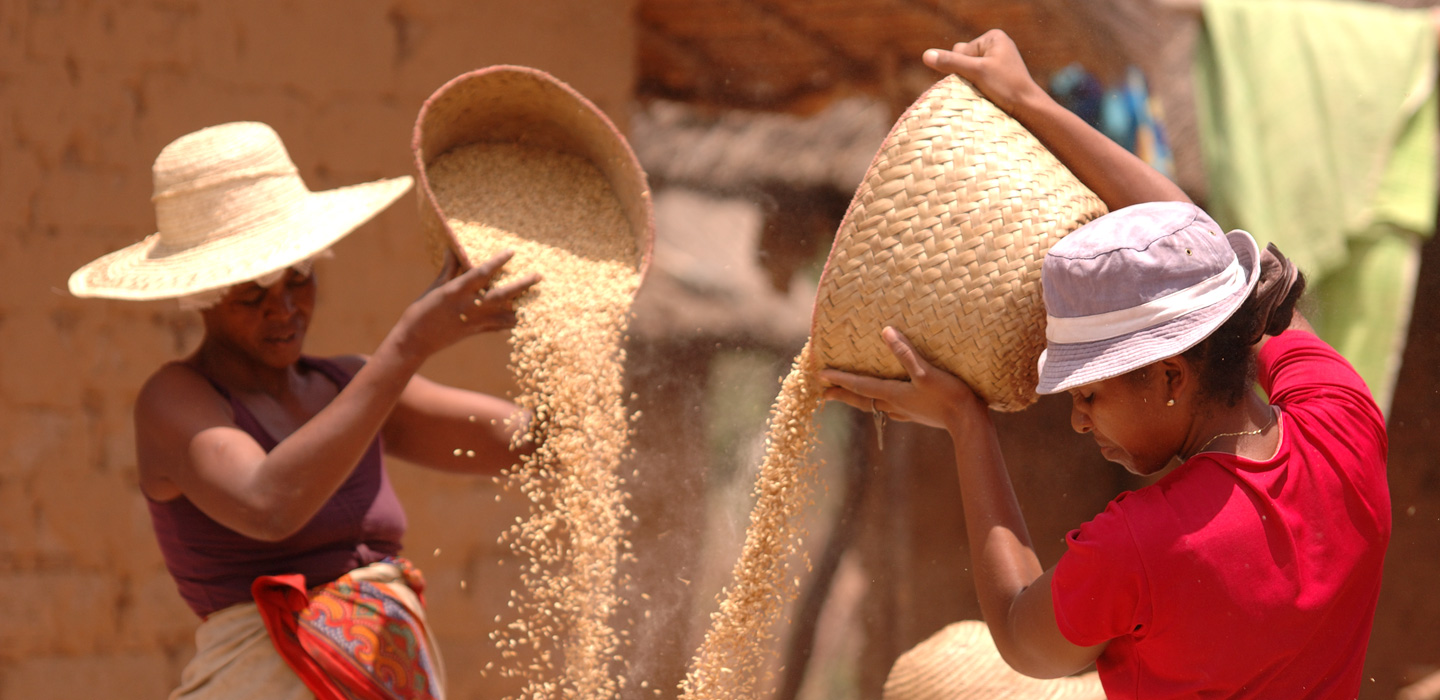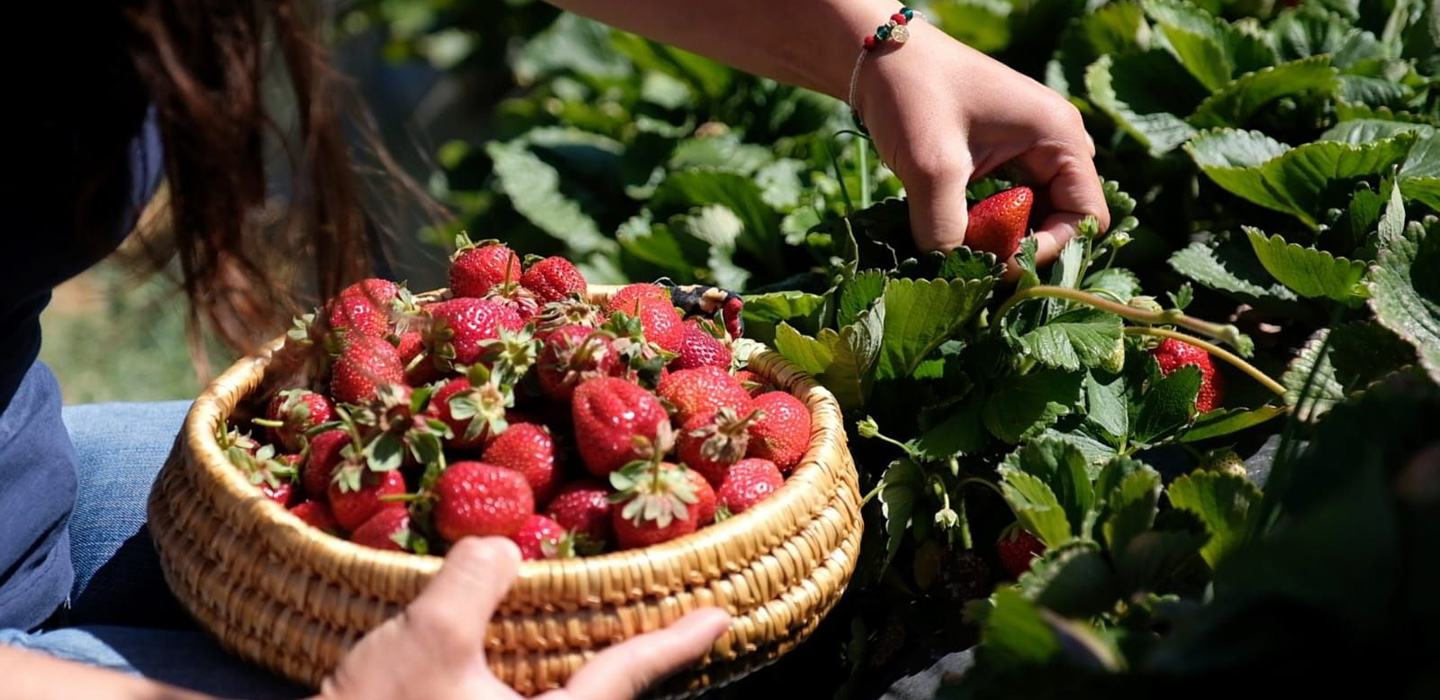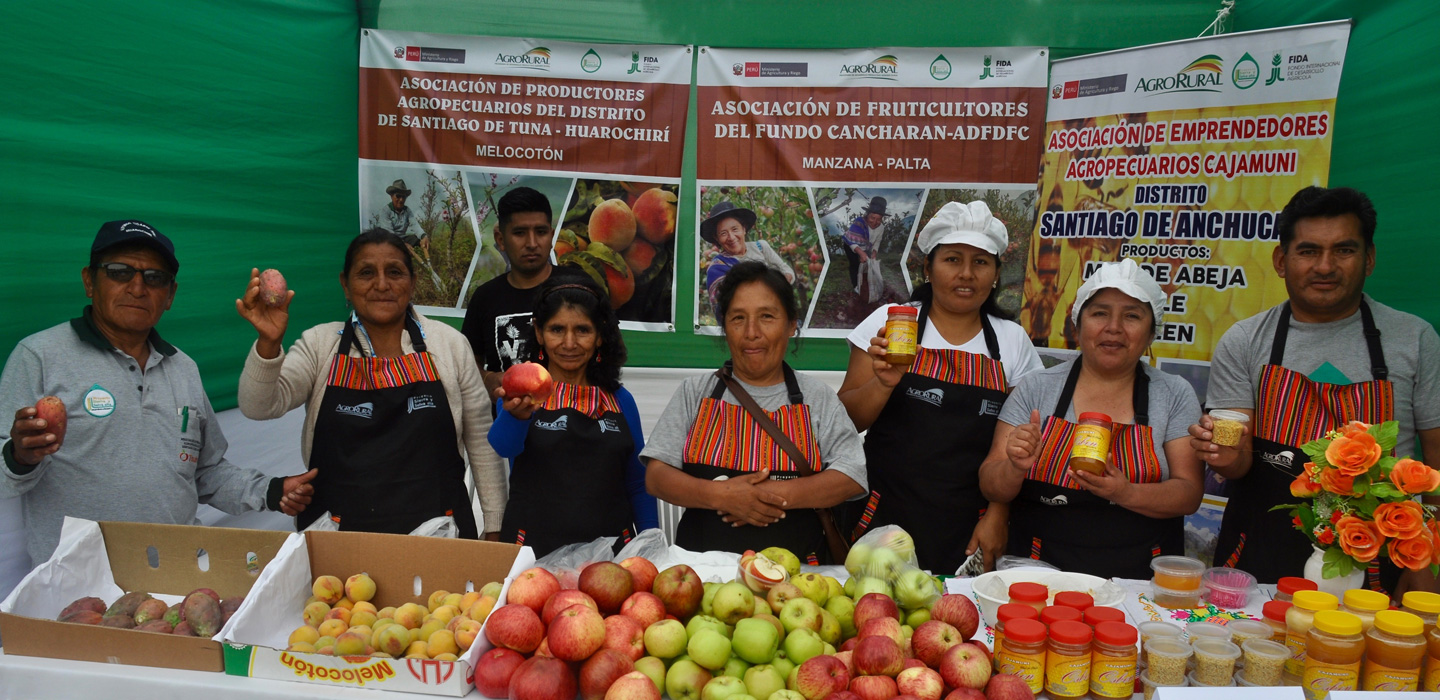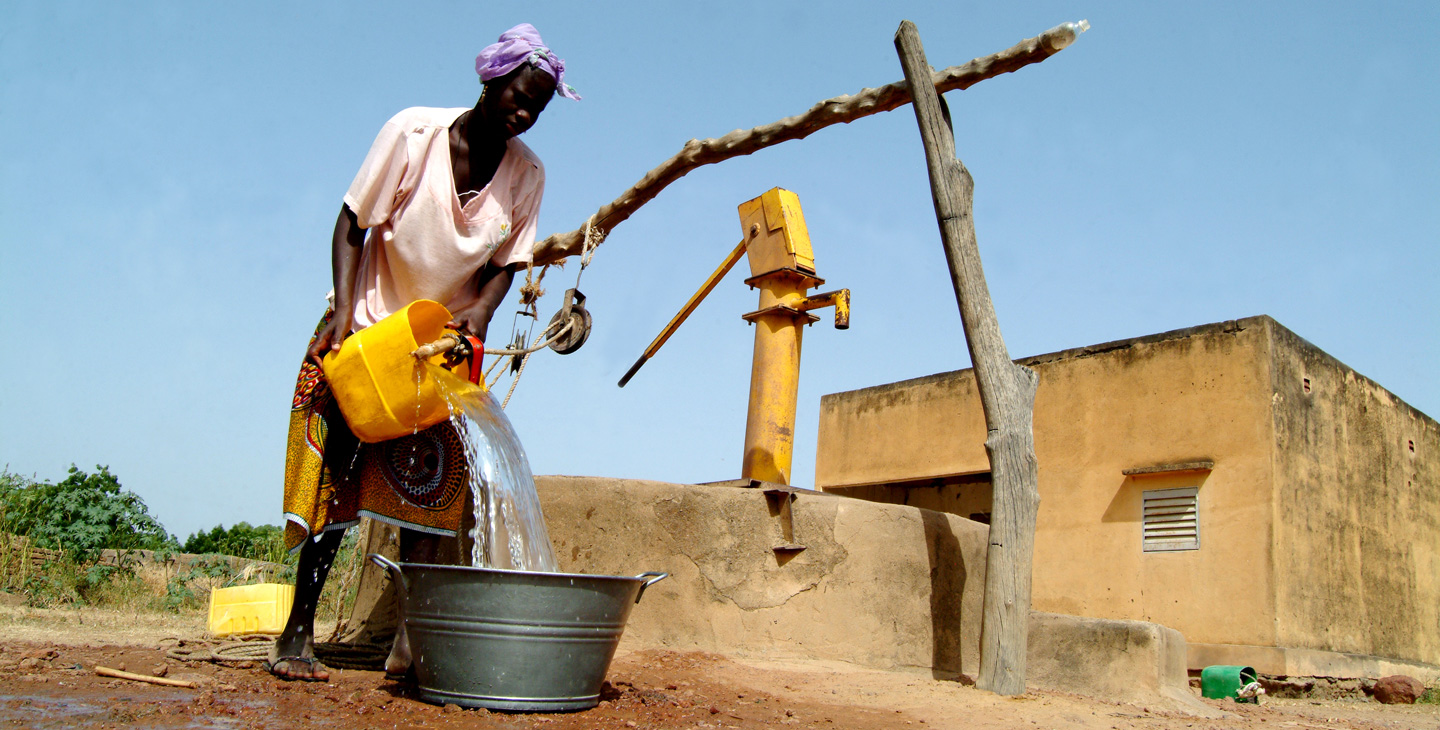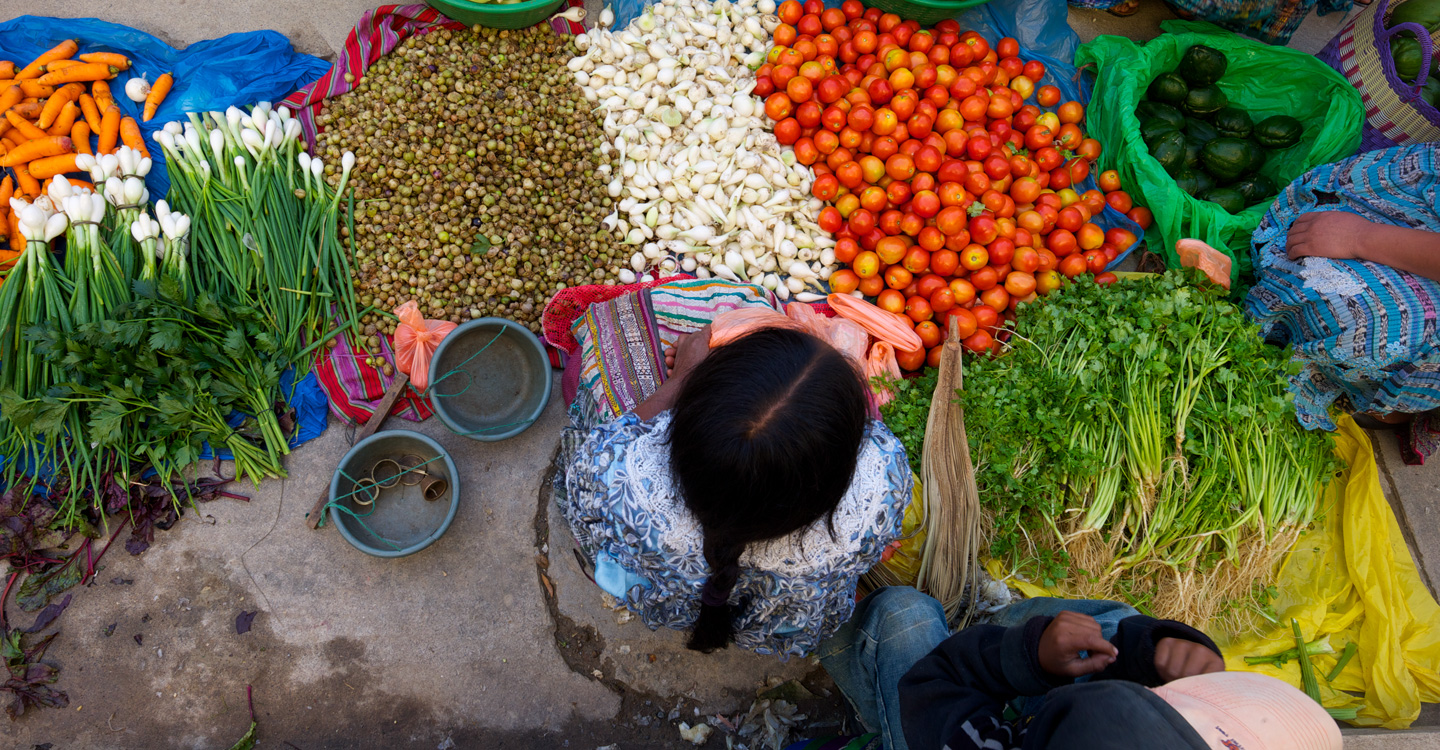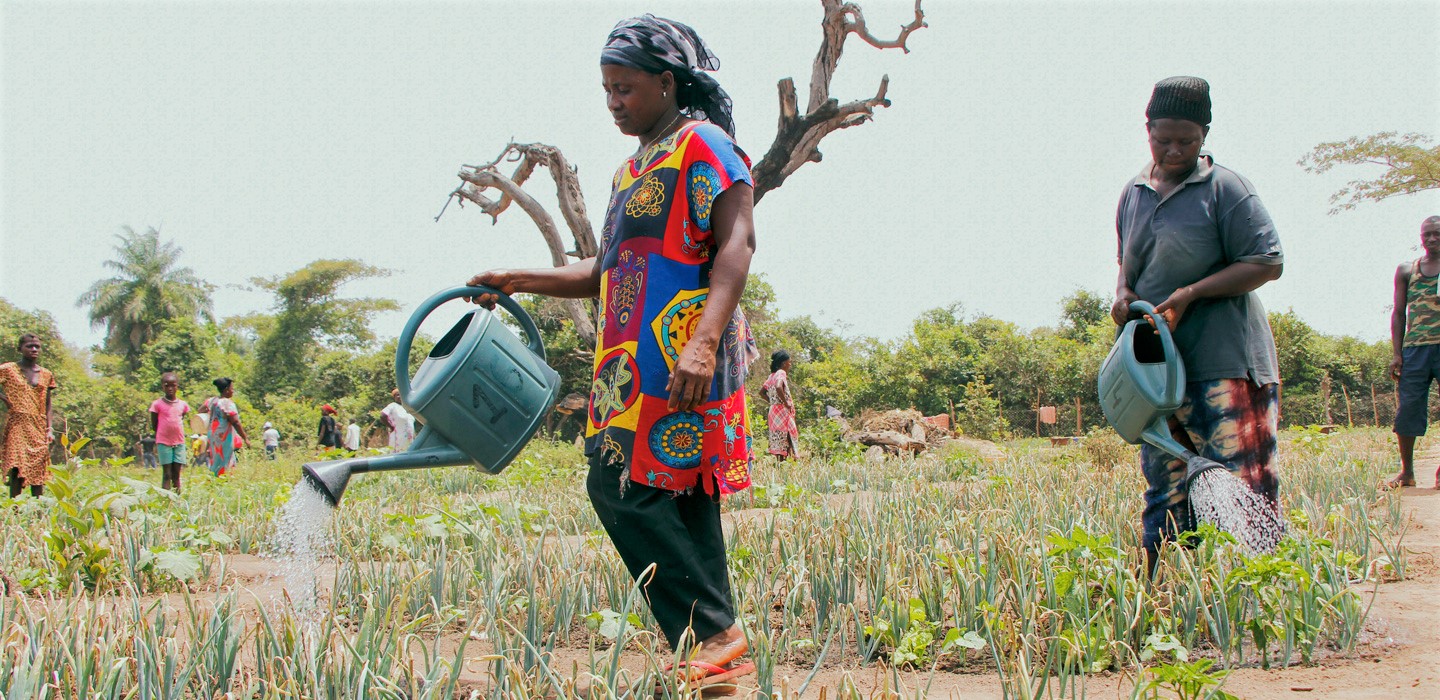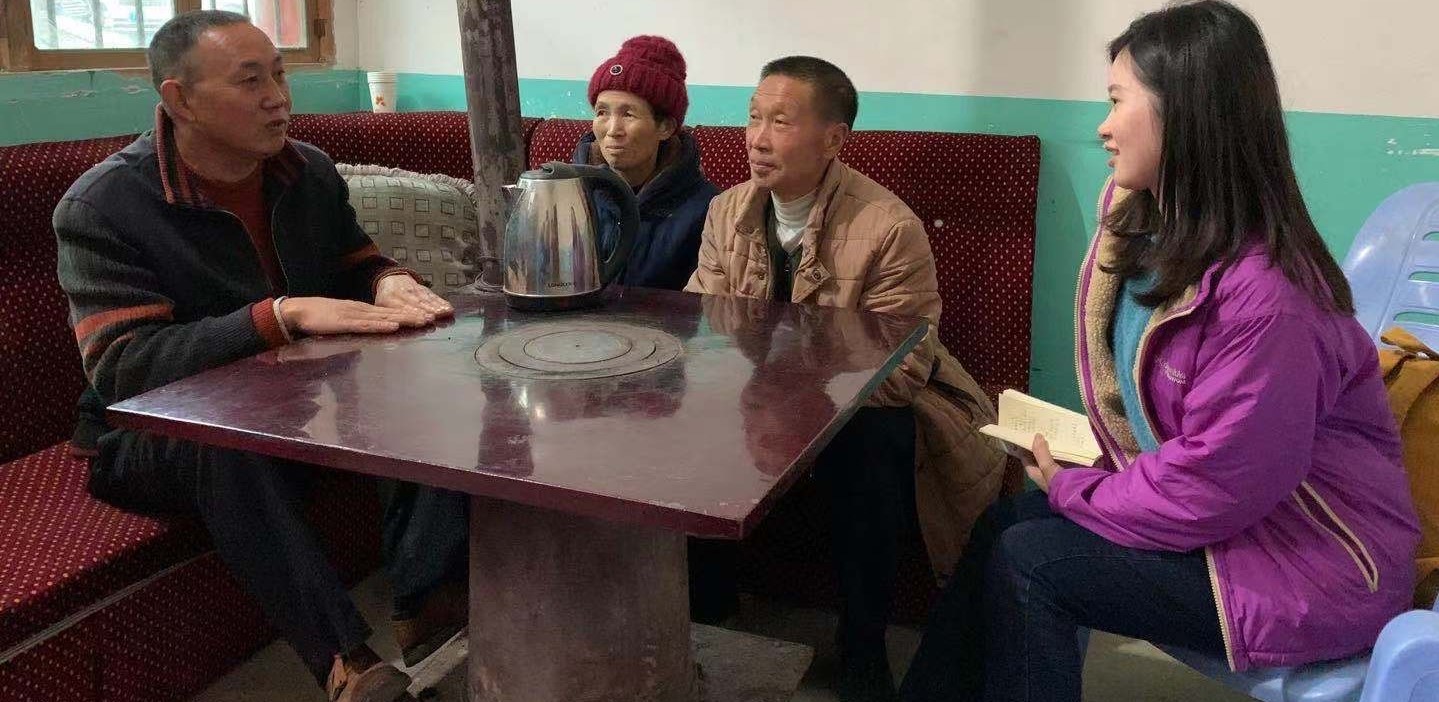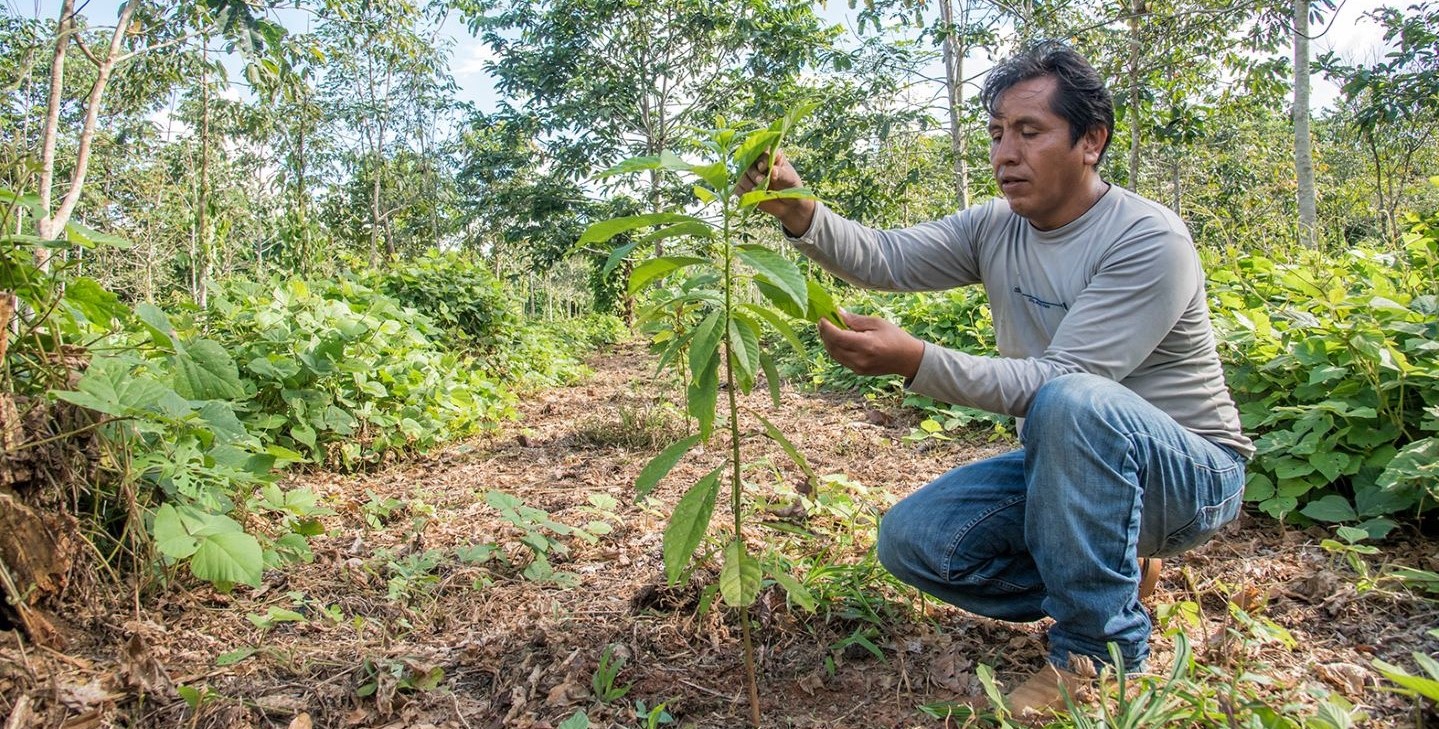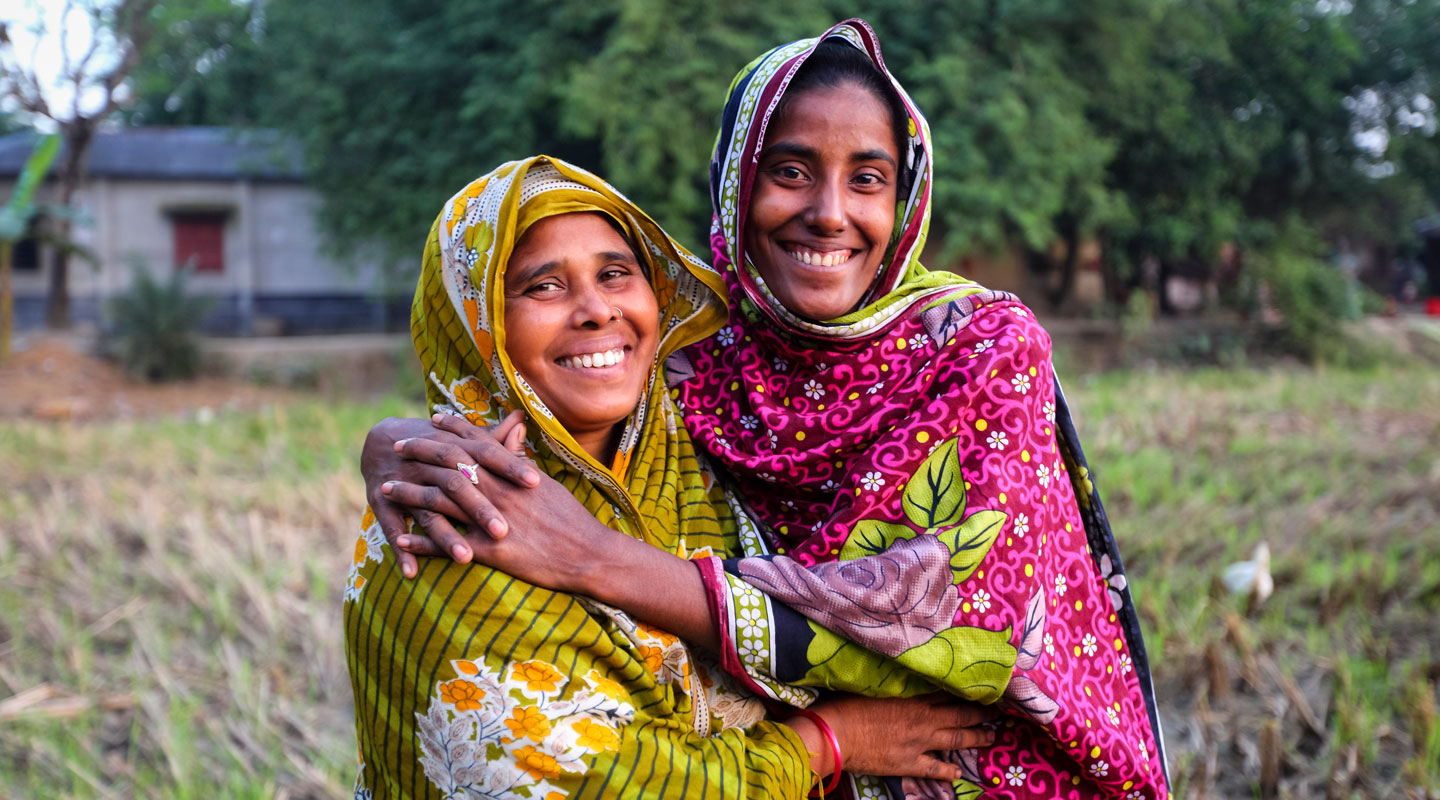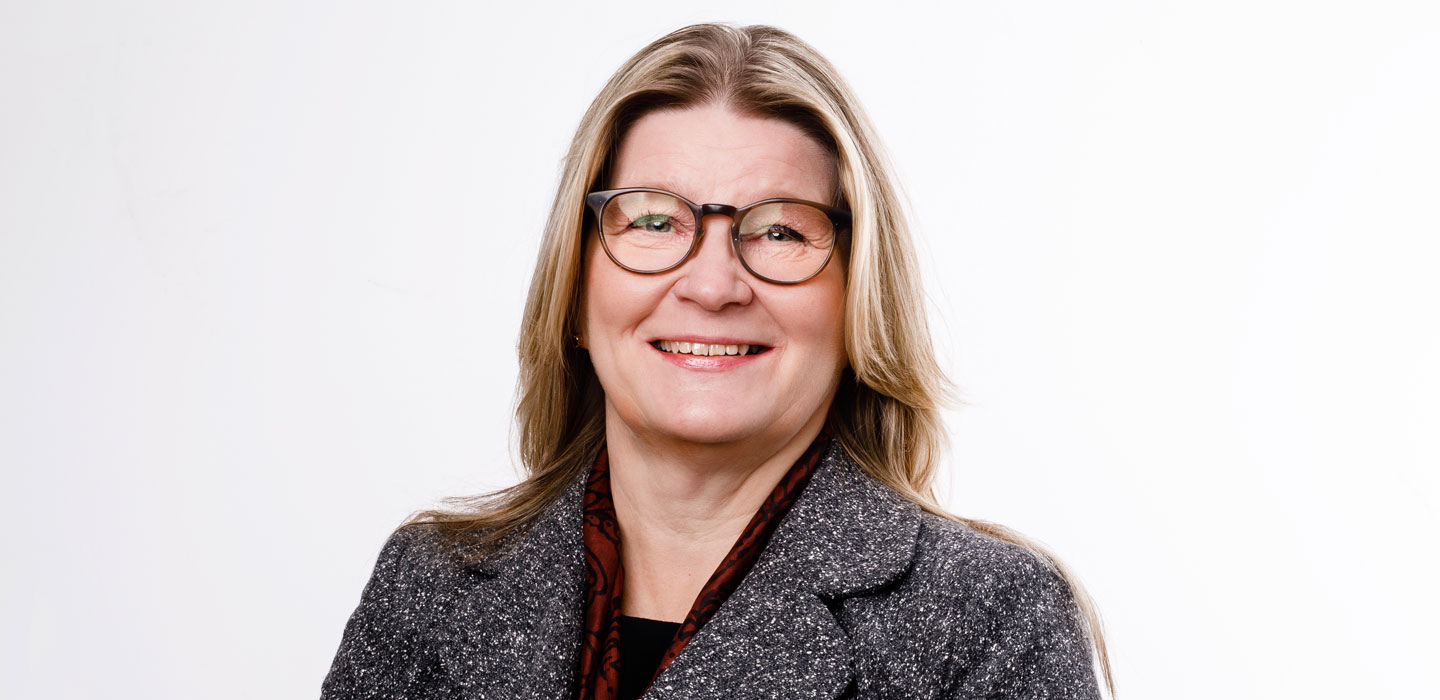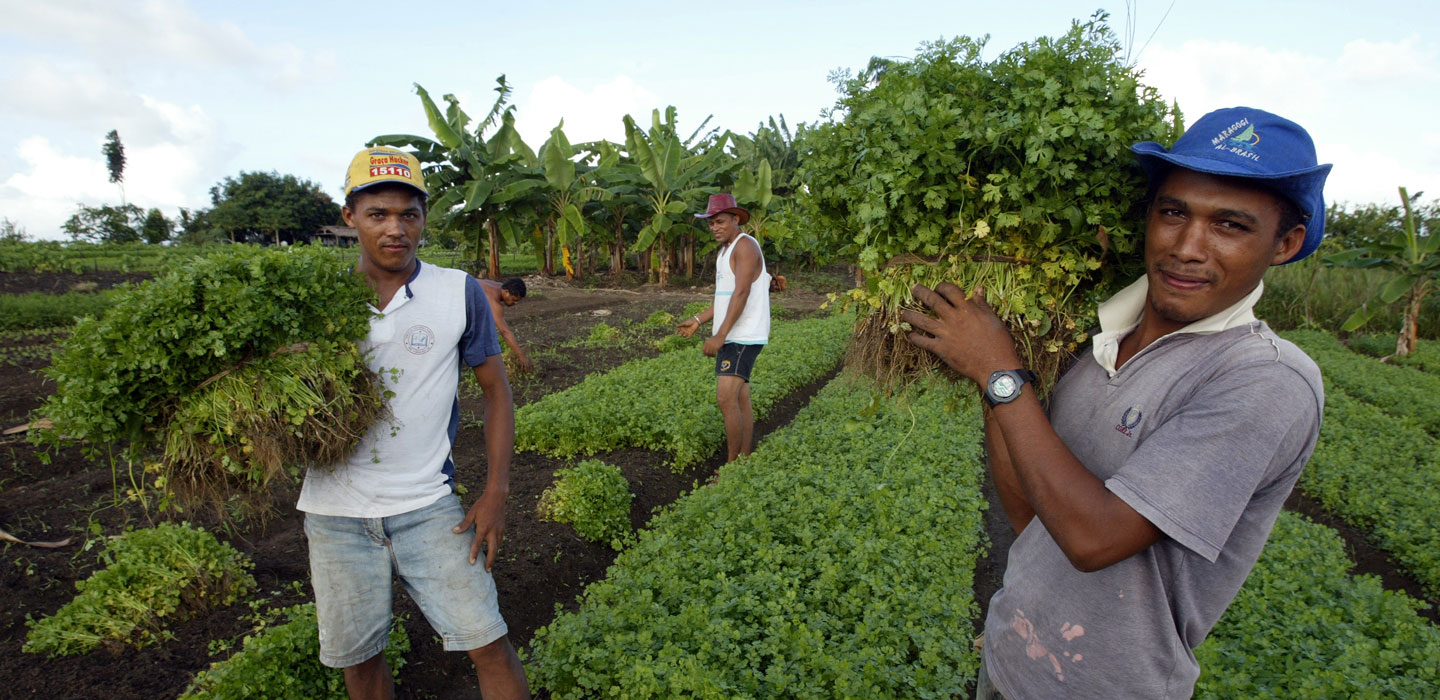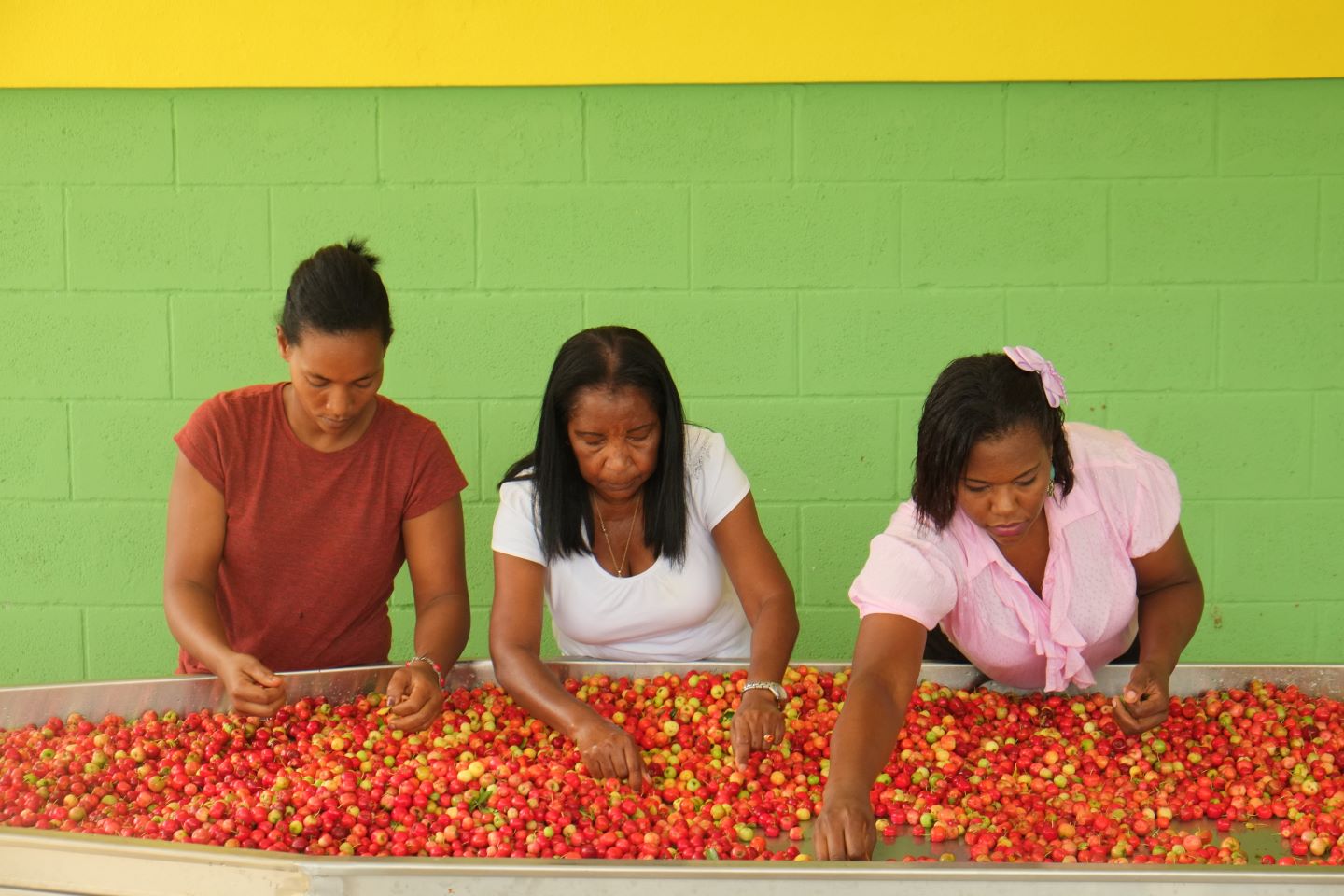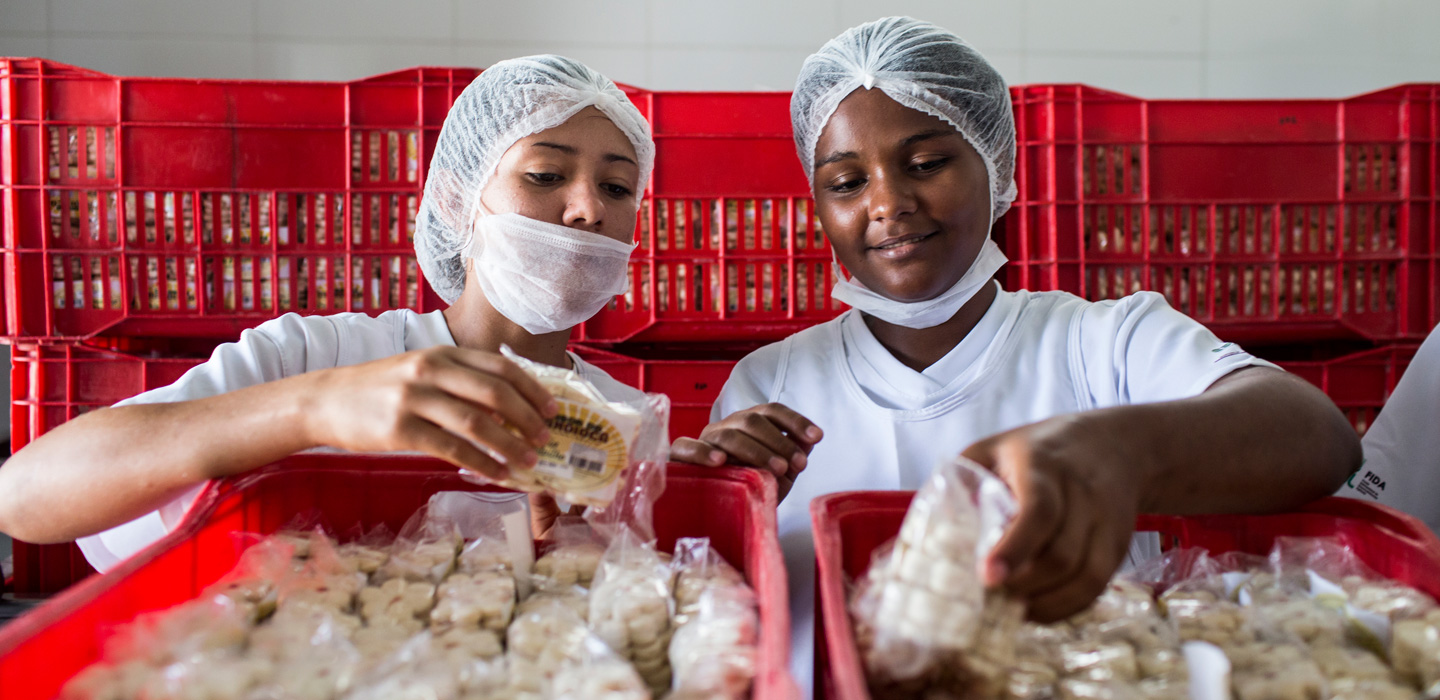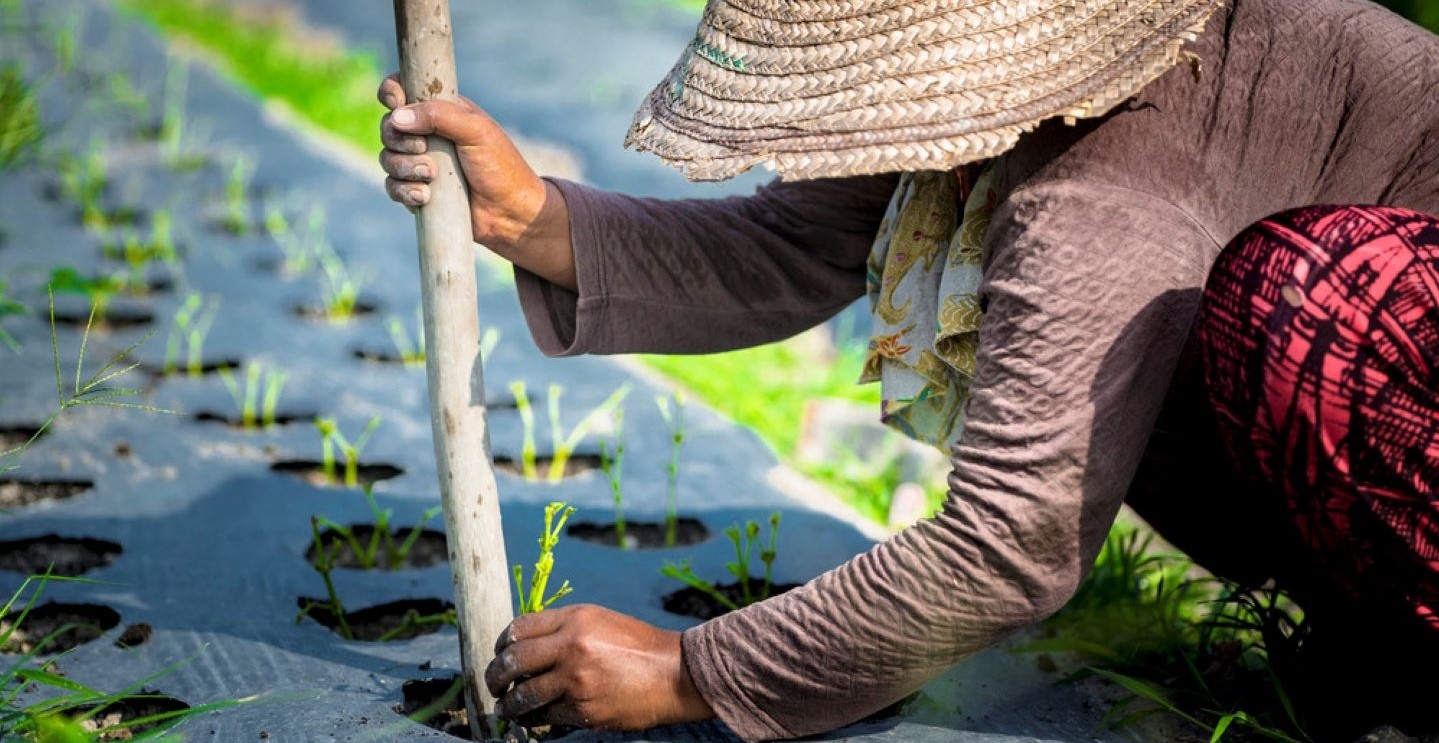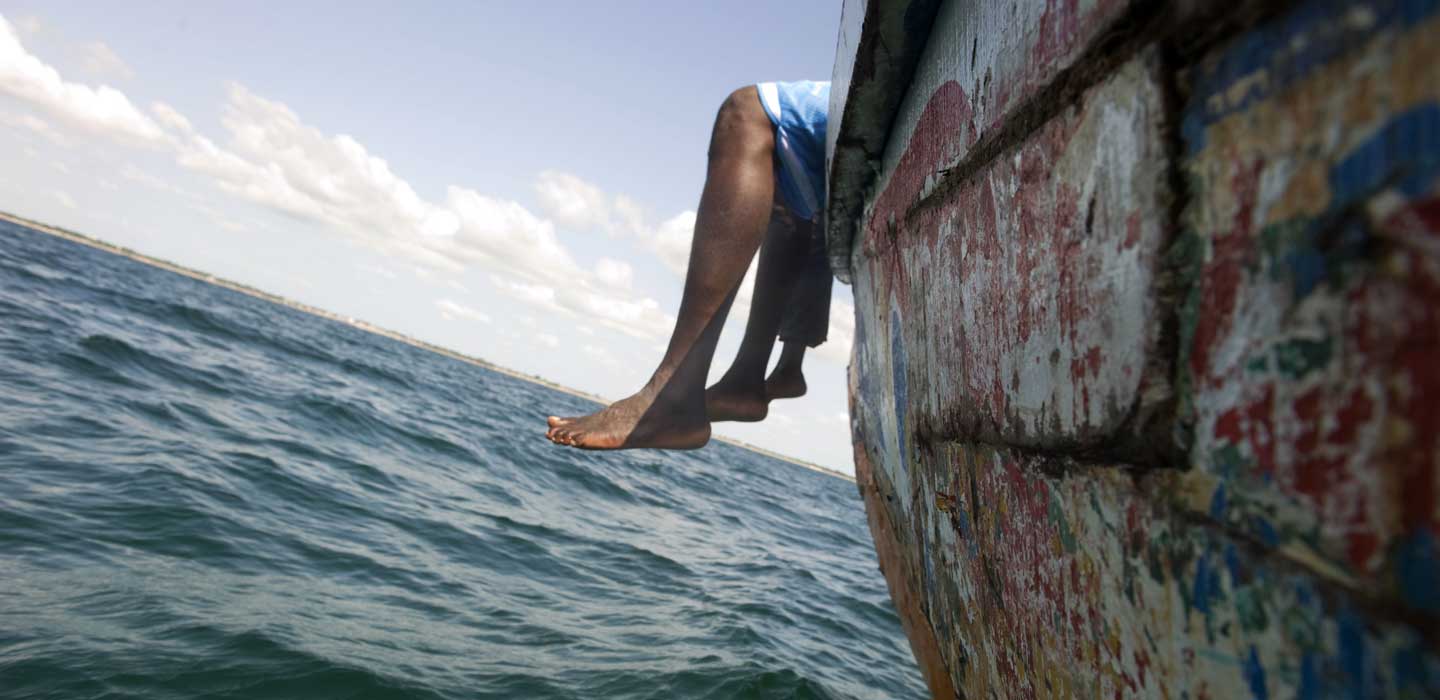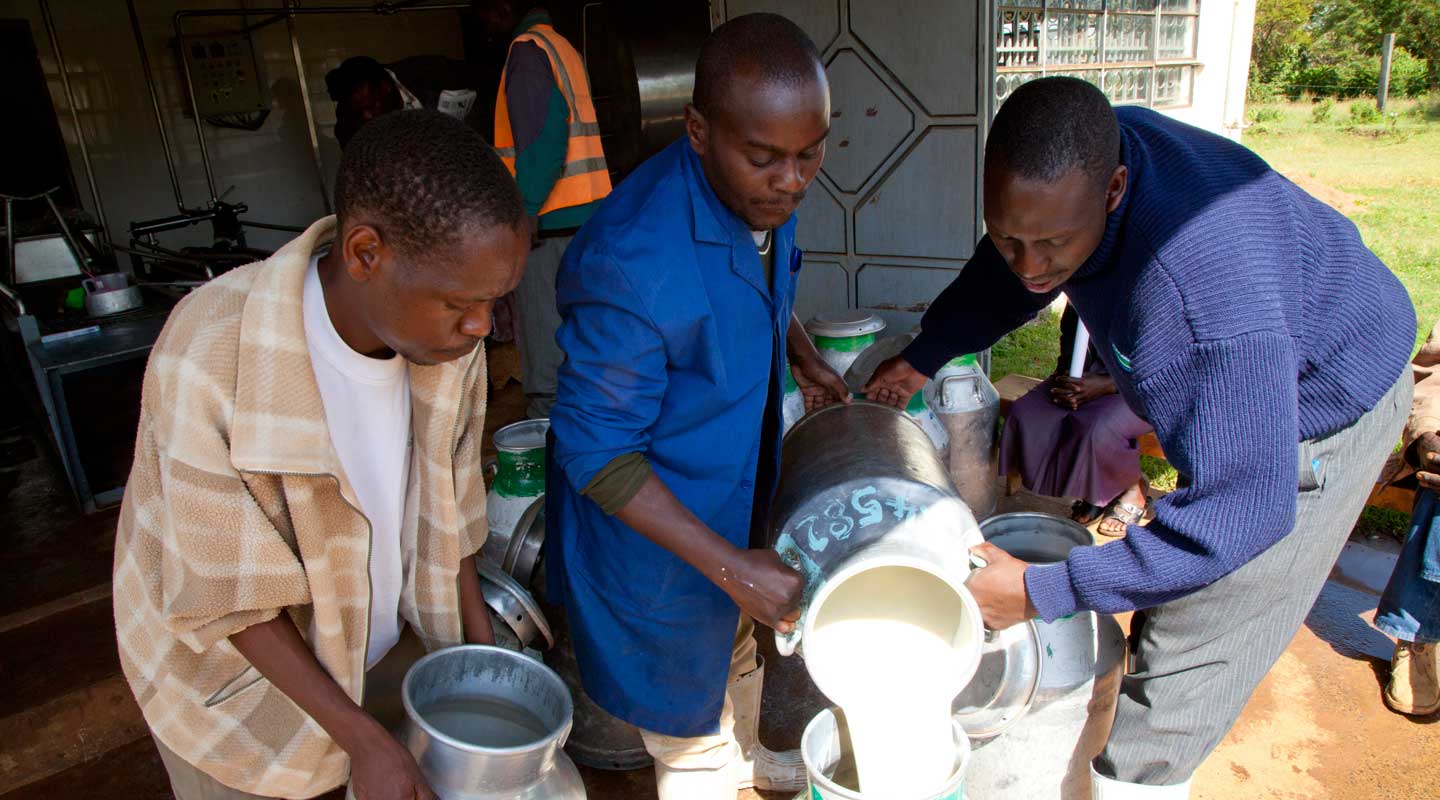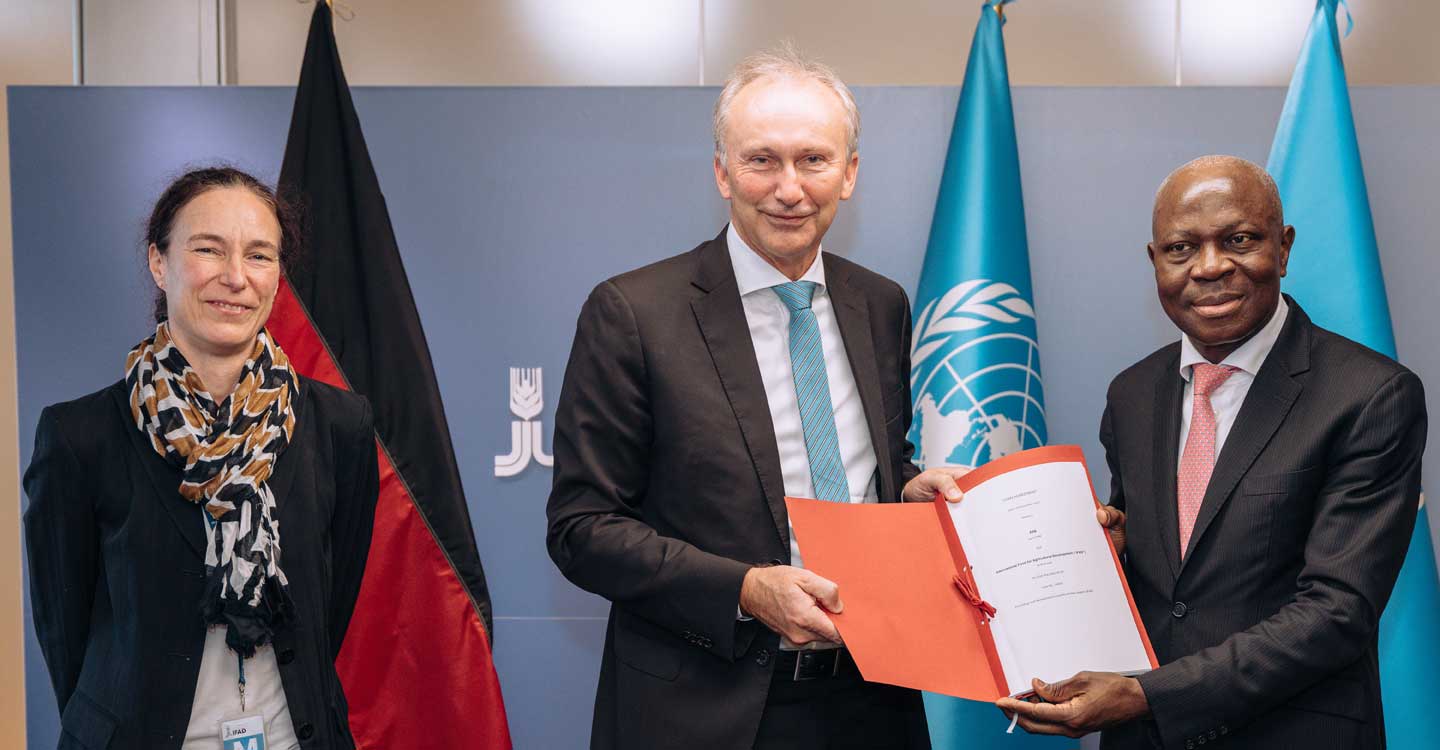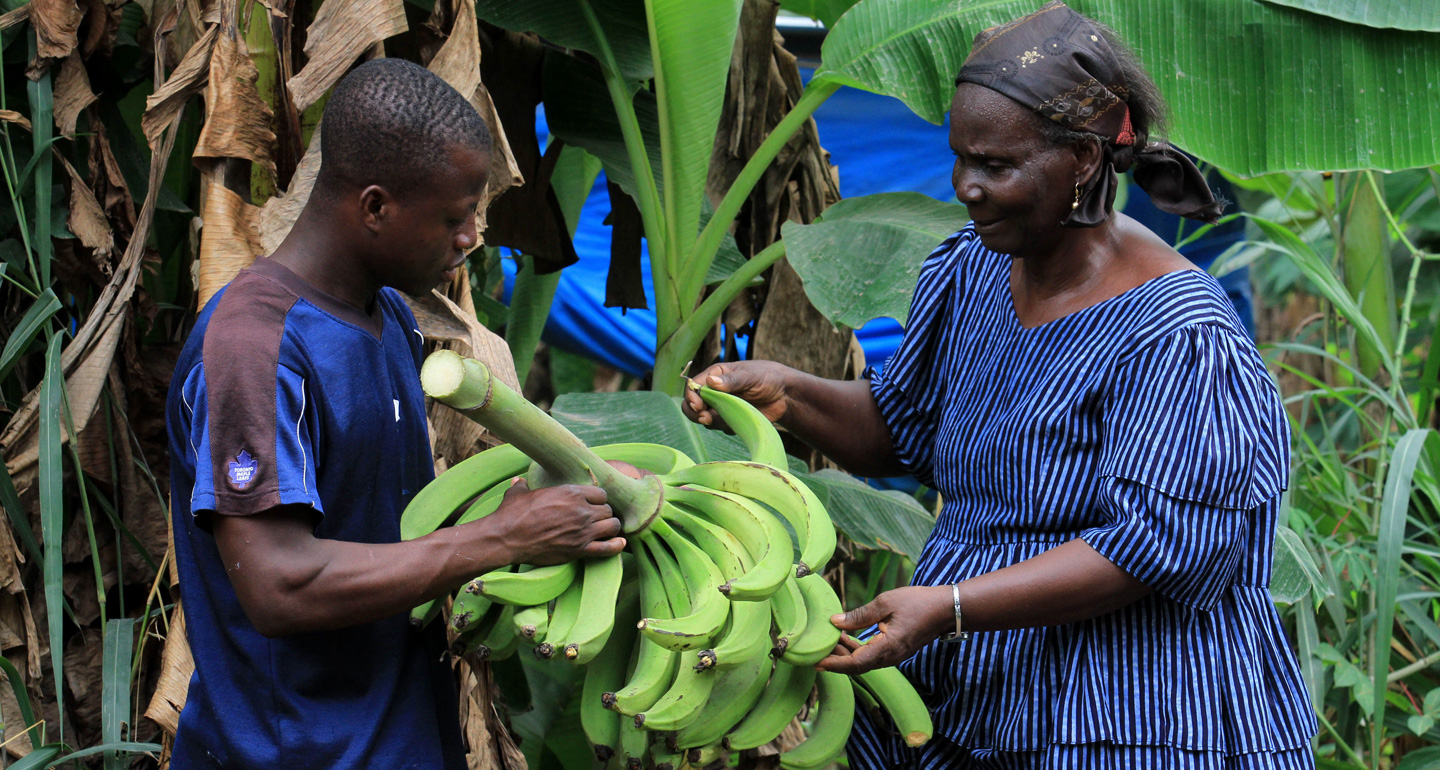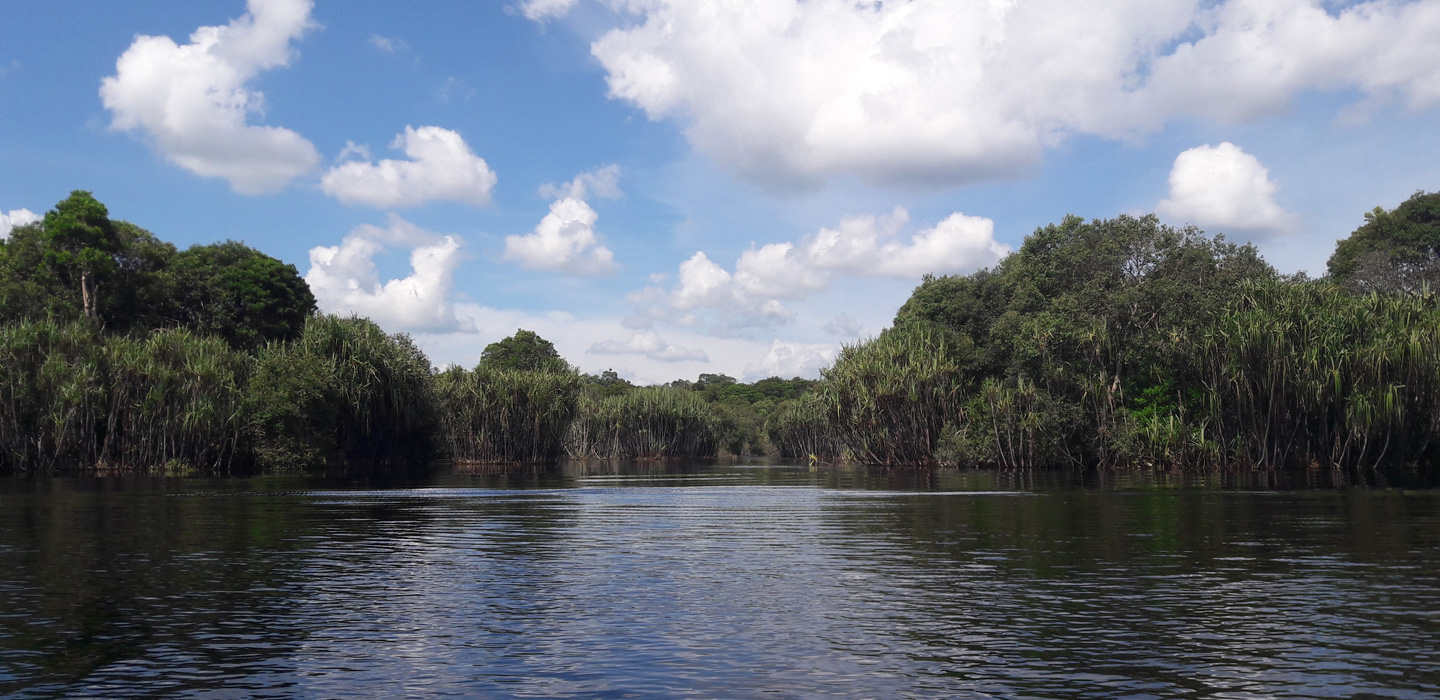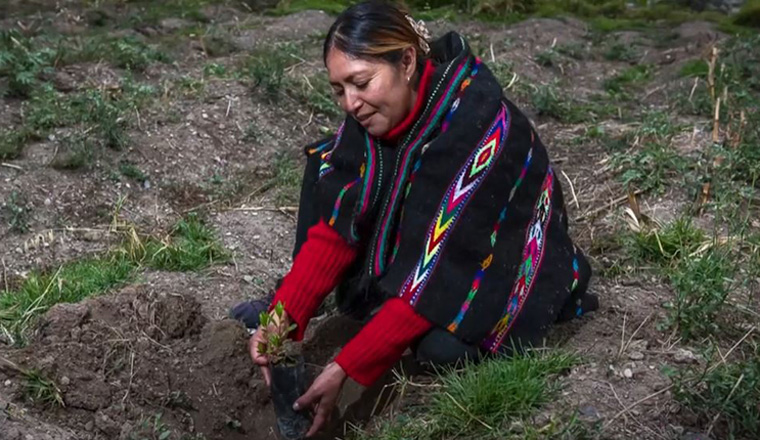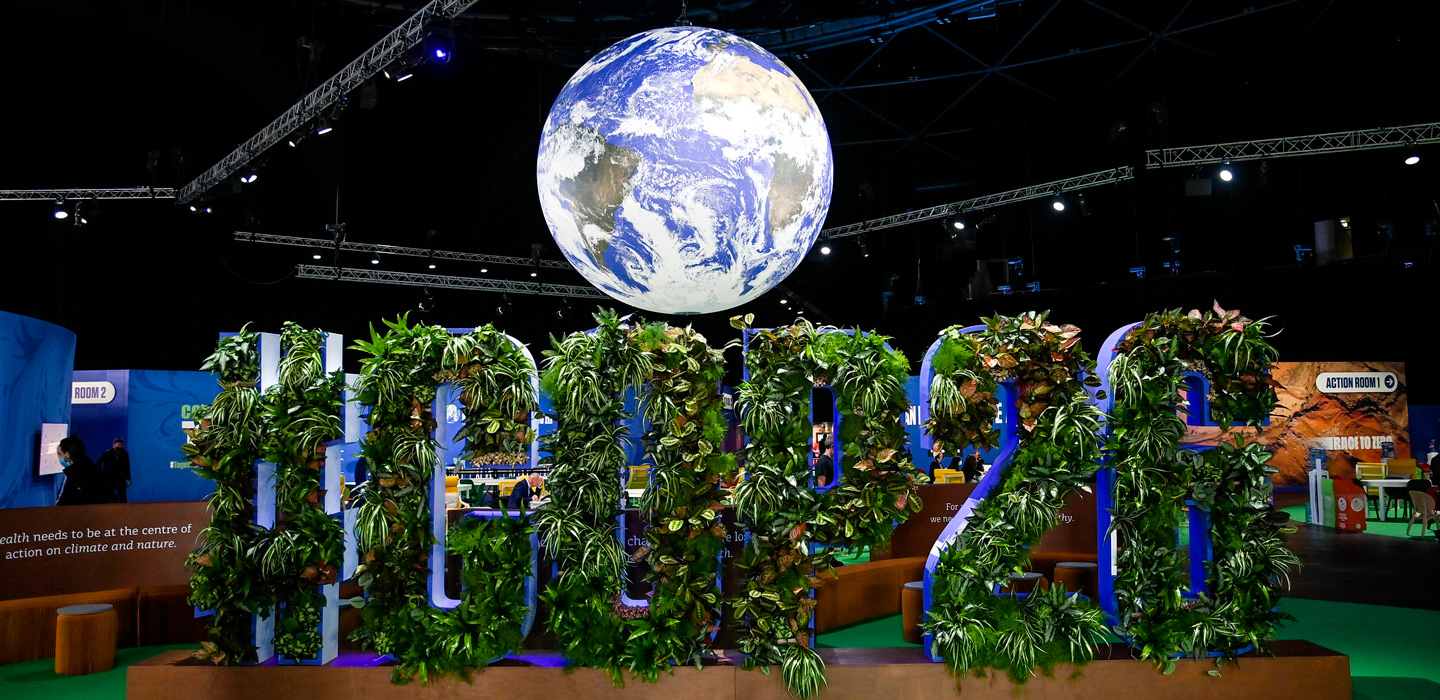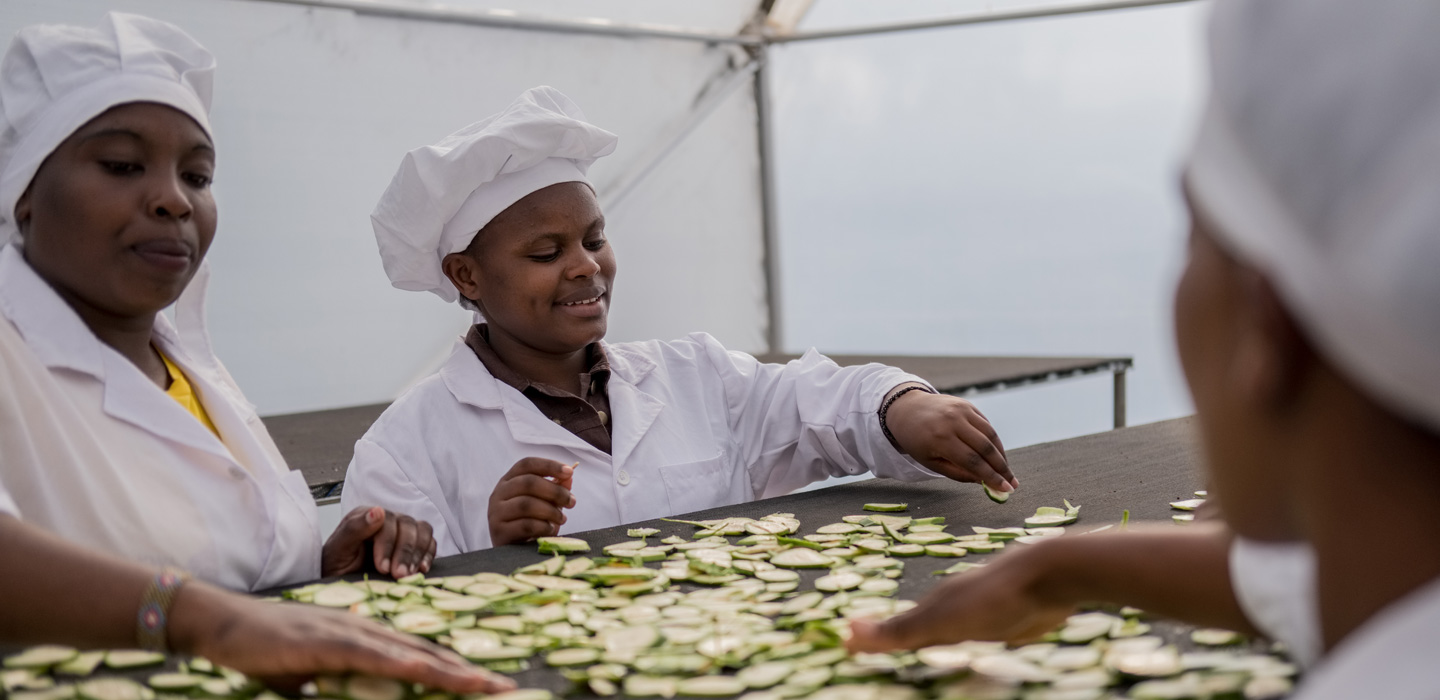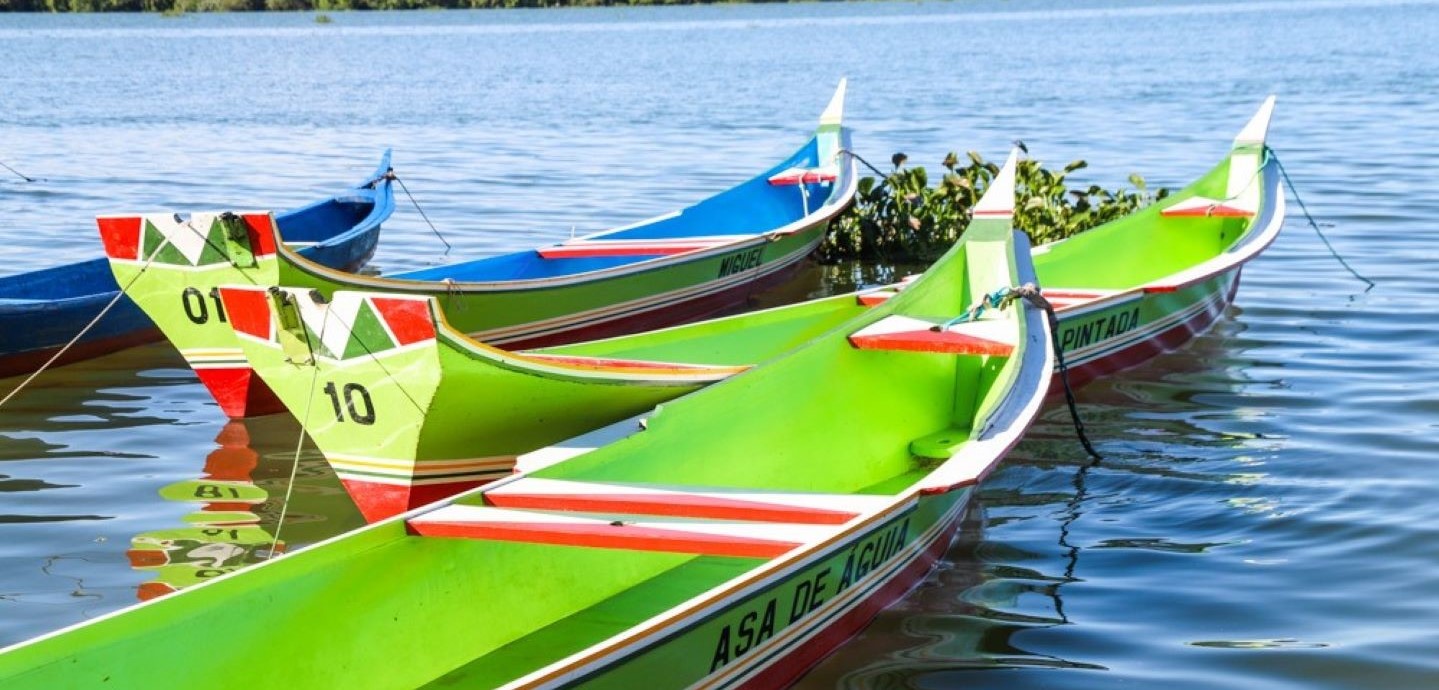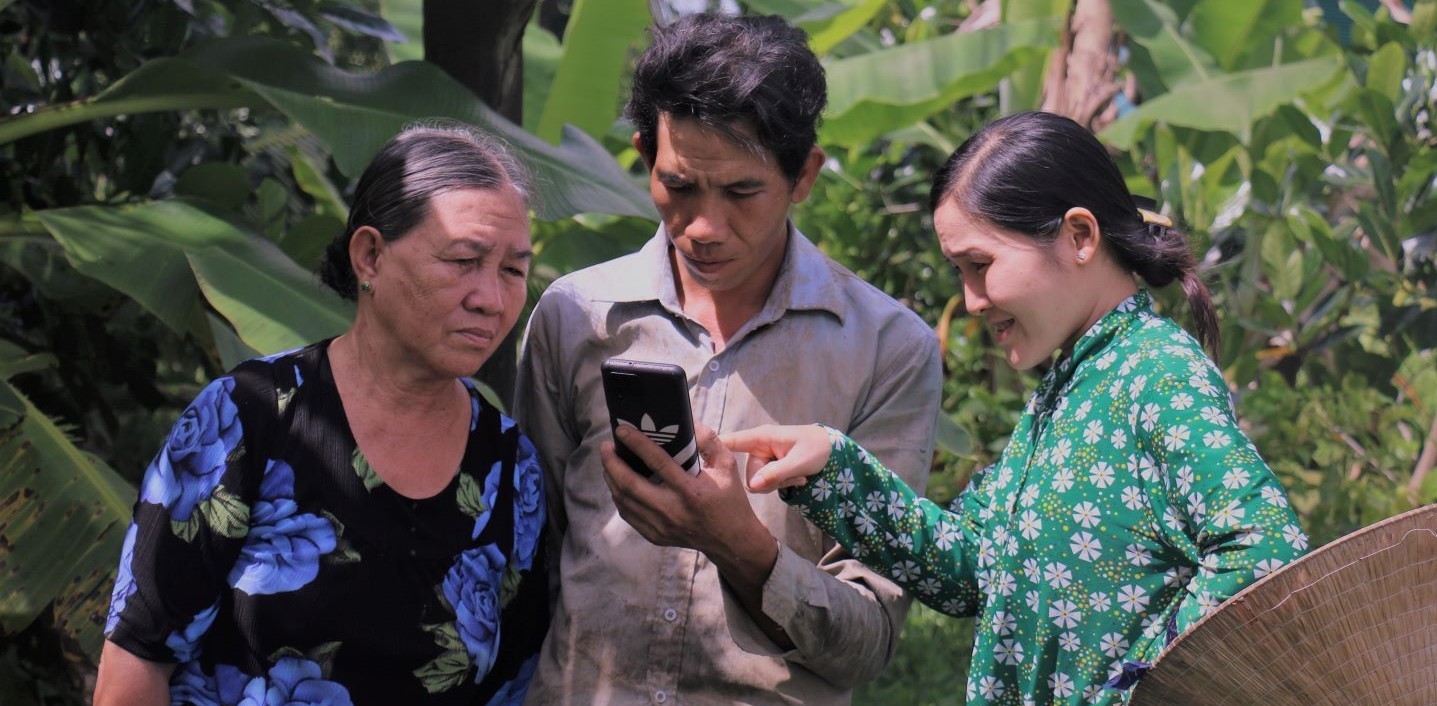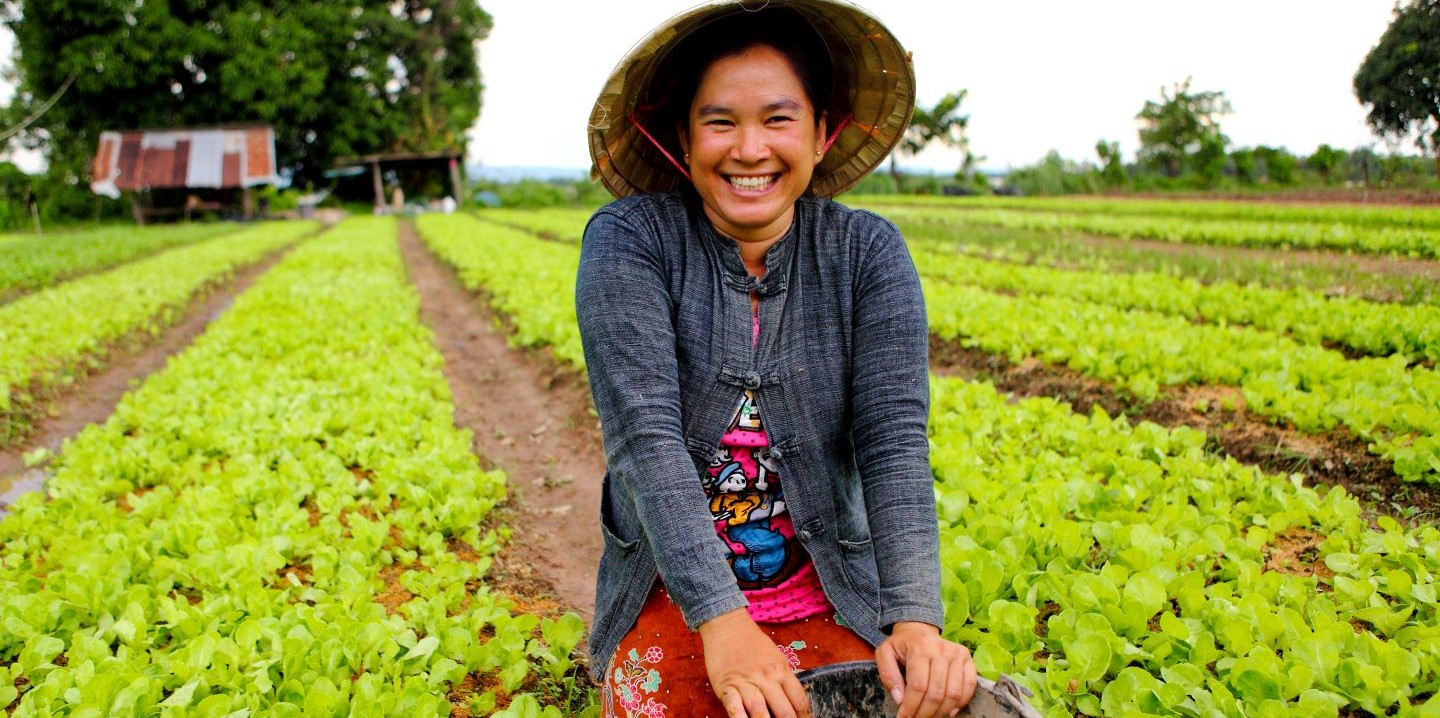Latest
Latest

Latest
Manual Submenu Topics
Search Results Filters
Search Results
Norway commits funds to IFAD to lift aquaculture communities out of poverty and lower malnutrition in Kenya, Mozambique and Tanzania
As more people spiral into hunger and poverty due to pandemic restrictions, climate change and conflicts, the Norwegian Agency of Development Cooperation (NORAD) has committed NOK 45 million (US$5 million) to increase the incomes and build the resilience of small aquaculture farmers in Kenya, Mozambique and Tanzania, IFAD announced today.
Innovating Agriculture Into the Future – Episode 27
In our end-of-year episode, we’re focusing on all things innovative in the world of agriculture. We hear from agro-preneurs in Australia, Africa and Asia who are using cutting-edge technologies and exploring new solutions to common problems.
To help avert future food crises in the world’s poorest regions, Canada commits its highest-ever funding to the UN agency IFAD
At a time when rural people in low-income countries face steep increases in food prices and the devastating impacts of climate change are contributing to a rise in hunger and poverty, Canada has announced today its commitment to support the resilience of small-scale farmers and the prosperity of rural communities by increasing its funding to IFAD.
In Turkey, strawberry farms bring opportunities for rural youth
Youth who grew up in the Taurus Mountains of Turkey have traditionally moved to the big cities to pursue their careers. But recently, thanks to an IFAD-supported project, the region’s farmers have begun growing strawberries. Highland strawberries are proving quite popular, driving the growth of a new regional value chain – and bringing the region’s youth back to the countryside to take part.
La Unión Europea y el FIDA se alían para fortalecer las organizaciones de pequeños agricultores en América Latina
El proyecto Apoyo a las organizaciones de pequeños agricultores en América Latina servirá para fortalecer la estructura y la capacidad productiva y de acesso a mercados de este tipo de organizaciones en la región, gracias a una alianza entre la Unión Europea y el FIDA.
Solar-powered fridges aid COVID recovery in Djibouti
This year’s COVID-19 lockdowns cut off Djibouti’s fishing community from their markets. But with no way to store fish in the searing heat, many fishers were forced to throw their catch away. Now, thanks to some solar-powered fridges, they’re back on their feet and trading with new customers.
Denmark commits millions to vulnerable farmers through IFAD’s climate adaptation fund
In the wake of COP26, which featured a strong call for increased financing to help the world’s poorest countries adapt to the impacts of climate change, Denmark today announced a contribution to IFAD of DKK 190 million (about US$29 million) to help small-scale farmers cope with unpredictable weather.
Nutrition-sensitive agriculture: The cornerstone of a healthier world
It might seem counter-intuitive to suggest that agriculture should become more nutrition-sensitive – but many small-scale producers worldwide are at risk of food and nutrition insecurity. We’re committing to more ambitious goals for integrating nutrition into our investments and project activities.
Urgent investments in small-scale farming needed to offset soaring food prices and deepening malnutrition, says IFAD
With soaring food prices pushing millions of people into food insecurity, IFAD is calling on governments and the private sector to urgently step up their investments in small-scale agriculture, especially for locally produced, nutrition-rich food. The call was made ahead of today’s opening of the Tokyo Nutrition for Growth Summit.
In China, youth are at the forefront of transforming food systems
Young people are the future of the world’s food systems, and they should therefore have a say in how the food systems of tomorrow should be configured. In China, youth have long been leading efforts to promote organic farming and sustainable consumption – and now, they’re beginning to act for change.
A green new hope for degraded soils
Over half the world’s arable land is already degraded, and this number is growing at a rate of 23 hectares per minute. But with the support of an IFAD-funded project – along with an unlikely ally – farmers in Bolivia’s Pando region are restoring the land in record time.
Disability rights matter for the world’s rural-dwellers
Our vision of inclusive, sustainable, green, and resilient rural economies can’t be accomplished without the inclusion of persons with disabilities. We are committed to finding ways for persons with disabilities to participate fully in society and realize their potential as contributors to vibrant rural economies.
Food producers need a greater voice in global climate forums, says Finnish development leader and IFAD’s new head of external relations
Food is one the defining issue of our time yet, as we have seen at the recent COP26 climate conference, the people who produce our food are too often missing from global forums that impact their lives, said Satu Santala, who joins IFAD today as its Associate Vice-President of External Relations and Governance.
New UN report: Hunger in Latin America and the Caribbean rose by 13.8 million people in just one year
Hunger in Latin America and the Caribbean is at its highest point since 2000, after a 30 percent increase in the number of people suffering hunger from 2019 to 2020, says a new UN report.
New UN report warns that the number of people suffering hunger in Latin America is at its highest point in two decades
FAO, IFAD, PAHO/WHO, UNICEF and WFP will present a report focusing on the latest statistics and trends of food security and nutrition in the region.
Fixing our food systems means getting the fundamentals right
The term “food systems” encompasses a huge variety of activities and issues. To make sure we’re all starting from the same place, let’s focus on the fundamentals: the land, and how to treat it well.
Promoting sustainable agrifood systems to combat climate change
It’s clear by now that no real progress on climate change mitigation will be achieved without the active participation of today’s top greenhouse gas emitters. In addition to transitioning their energy sectors away from carbon, actions such as making their agrifood systems more sustainable and promoting the use of natural carbon sinks could produce dramatic results in record time.
Expanding the Blue Economy in East and Southern Africa – Episode 26
This month’s episode is all about the blue economy – the economic, social and environmental activity that revolves around marine and coastal resources – of the East and Southern Africa region. This sector offers many potential opportunities for governments, the private sector and small-scale producers, along with some challenges.
Taking stock of the dairy business with the Wazo Jema Youth Group
Wazo Jema is one of many youth-led small businesses that got a boost through the IFAD-funded Vijabiz programme. Although they’re on more solid ground than they were before, they’ve continued to face some challenges – and these difficulties highlight ways that future initiatives can be improved.
€400 million loan from KfW boosts IFAD’s efforts to tackle hunger and poverty and help rural poor adapt to climate change
Germany has signalled its strong commitment to ensuring millions of rural people in some of the world’s poorest countries can adapt to the impacts of climate change, earn decent incomes and access sufficient, nutritious food by committing up to €400 million through its state-owned KfW Development Bank, in a loan agreement signed with IFAD.
President Ouattara of Côte d’Ivoire and IFAD President Gilbert F. Houngbo to discuss investing in small-scale farmers to eradicate hunger and poverty
IFAD's President Gilbert F. Houngbo will be in Côte d’Ivoire 21–23 November to meet with President Alassane Ouattara and other government officials for strategic discussions, as well as meeting small-scale farmers in the field. Climate change, resilience building, agricultural transformation and rural prosperity, strategic partnership and the small-scale farmers will be at the top of the agenda.
An IFAD–Indonesia partnership advances the policy agenda on sustainable peatland management
Peatlands store twice as much carbon as all the world’s forests and are home to everything from orchids to orangutans – but today, these lands are in peril. A partnership between IFAD and Indonesia’s Ministry of Environment and Forestry is working to set a national policy agenda that will protect peatland ecosystems.
Tipping the scales of equality in the Philippines
"Before, these women were just waiting at home. Now, we are more educated. We are empowered to be more independent," says Ruperta Gagarin, a businesswoman from the Philippines.
Fostering ecosystem services in the Peruvian Andes
The FIDA-MERESE project has helped farmers in the Jequetepeque and Cañete river basins become stewards of the ecosystems on which they depend.
Highlights from COP26 – Friday 12 November 2021
The end of COP26 is fast approaching, and we’re still waiting for a final agreement. However, based on the draft texts that have been released, it’s clear there’s still a risk of gaps between long-term targets and short-term action.
IFAD to increase investment and presence in transforming food systems in East and Southern Africa
The IFAD regional team held its annual East and Southern Africa Business Planning meeting to outline a vision for the next three years, under the IFAD 12 replenishment cycle. With less than 10 years to achieve the Sustainable Development Goals (SDGs), and the region’s small-scale farmers and rural people suffering the effects of the pandemic, climate change impacts, locust infestation and other crises, it is essential to plan bold actions to preserve and advance development gains.
On the banks of the São Francisco, where fishing, tourism and social inclusion converge
Brazil’s São Francisco river is a place of convergences. The river delta, and the stunning tropical forest surrounding it, is home to many different ethnic groups who settled there in search of a fresh start. Plans for a new ecotourism route that would allow visitors to experience the area’s rich culture and traditions were well under way – and then the pandemic struck. Nevertheless, one IFAD-funded project managed to support the region’s artisans and fishers.
Public-private partnerships accelerate climate change adaptation in Viet Nam
In recent years, saline intrusion – the encroachment of seawater into fresh water sources – has become a serious threat to small-scale farmers in Viet Nam’s Mekong Delta. Thanks to a public-private partnership, a local technology company was able to collaborate with an IFAD-supported project to create a lasting solution.
Effective micro-organisms: The key to healthy soil and healthy diets in rural Lao
Agriculture is the main source of income and livelihood in rural Lao. But Lao crops are highly climate-sensitive, leaving farmers with little room for error when it comes to climate adaptation.
Highlights from COP 26 – Wednesday 10 November
The start of the second week of the Glasgow Climate Change Conference marked a shift to a more political phase of the conference. Ministers arrived, former US President Barack Obama drew a crowd, and negotiations continued.
